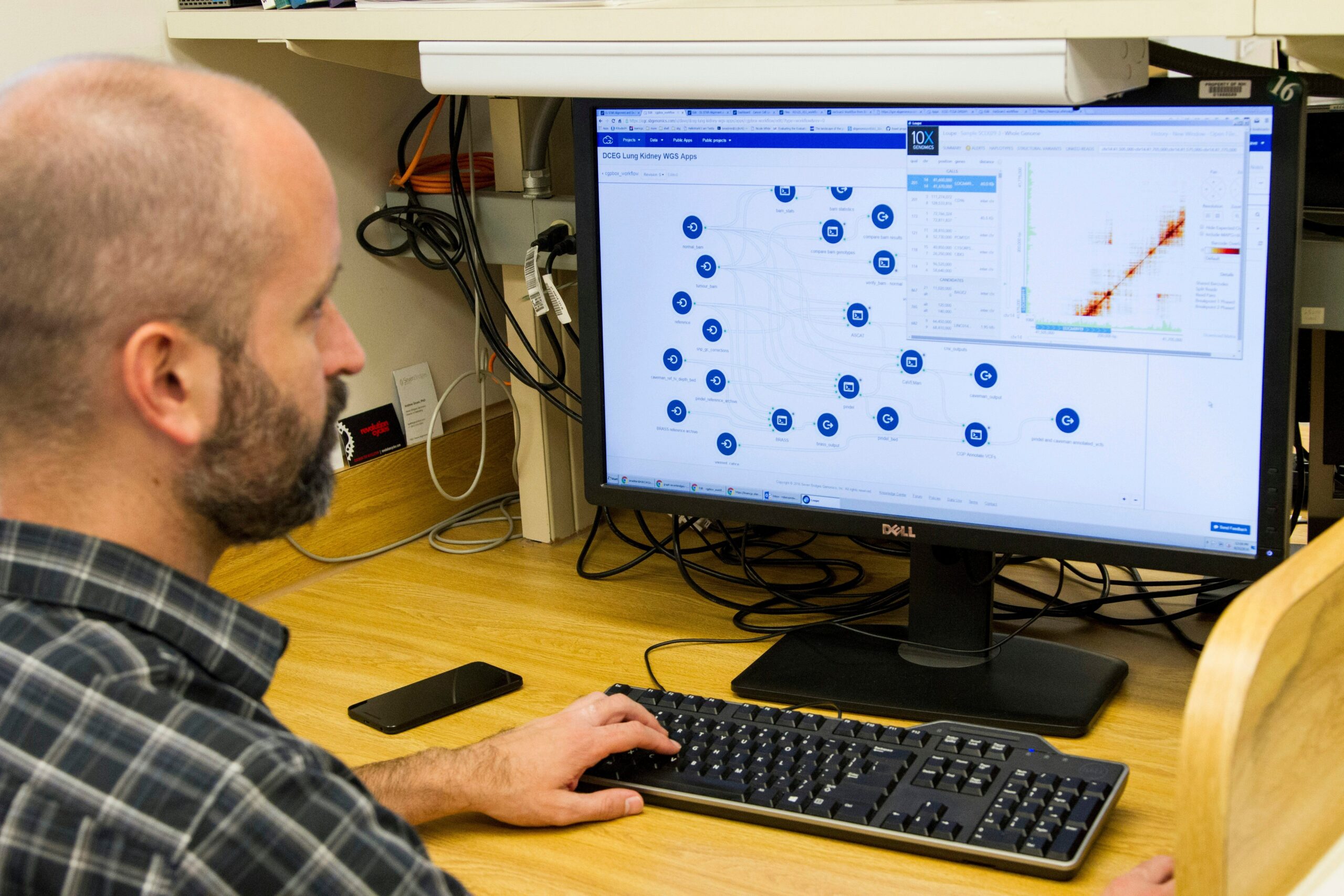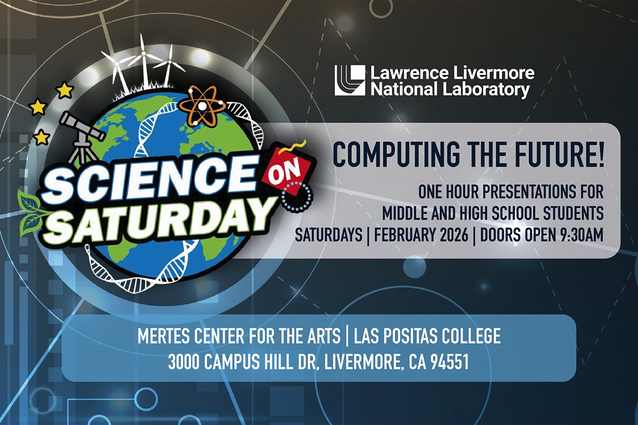
Failure to adhere to existing guidelines on the safe use of artificial intelligence is exposing organizations to the risk of receiving flawed work from professional services firms, including Deloitte. This warning from experts comes as AI technology becomes increasingly prevalent in the sector.
Deloitte recently issued a partial refund to the federal government after utilizing AI in crafting a $440,000 report for the Department of Employment and Workplace Relations (DEWR) that contained errors. The report, initially published in July, was discreetly updated online last week to remove references and footnotes to non-existent people and papers. Despite these changes, Deloitte stated, “The matter has been resolved directly with the client,” and confirmed that the report’s conclusions remained unchanged.
Guidelines and Challenges in AI Utilization
Sylvie Tso, an intellectual property and data lawyer at Spruson & Ferguson, emphasized that there are clear guidelines available for firms like Deloitte on how to safely implement AI. She referenced the federal government’s Voluntary AI Safety Standards, introduced in September 2024, which outline voluntary measures such as disclosing AI usage and identifying AI-generated content.
“This should ideally be implemented across service providers, including consultancies for any work product created, especially for high-impact projects,” Tso stated.
The increasing reliance on AI by professional services firms has coincided with a reduction in lower-level consultants who traditionally ensured the quality of client reports. This shift presents a dilemma where AI can replace lower-level tasks but still requires human oversight for accuracy, according to Tso.
“The multimillion-dollar question is that, in future, who is going to train the junior level of professionals?” she asked.
The Evolving Consulting Industry
For decades, the consulting industry operated on a stable “pyramid” model, characterized by a broad base of junior consultants supporting a narrow apex of senior leaders. However, an article in the September issue of the Harvard Business Review noted that AI is disrupting this model. Generative AI tools, predictive algorithms, and synthetic research platforms are rapidly automating tasks that once occupied junior consultants.
“Across the board, generative AI is increasingly performing the work usually handled by large teams of junior consultants,” wrote David S Duncan, Tyler Anderson, and Jeffrey Saviano.
This trend mirrors developments in Silicon Valley, where AI programming tools have diminished opportunities for new entrants, while mid-level staff remain relatively unaffected, as reported by The New York Times.
Implications for the Consultancy Sector
The consultancy sector has faced scrutiny in recent years, particularly following a 2022 incident where PwC was found to have shared confidential tax information with private sector clients. Over the past year, spending on KPMG fell from over $300 million to just $106 million, and PwC exited the market for government contracts. Meanwhile, Deloitte maintained a steady presence with approximately $200 million in contracts, according to the Australian Financial Review.
Job advertisements for the five major consultancies—Accenture, Deloitte, EY, KPMG, and PwC—dropped from nearly 1,700 in 2023 to 700 over the past year.
Tso highlighted the need to balance cost savings from AI adoption with the additional expenses of ensuring work quality. She expressed confidence that AI’s emergence would not devalue the perception of consultancy-generated work.
“Because if everyone is using the AI product, you still are paying for the expertise for the ultimate person who is signing off on the work,” Tso explained.
Calls for Government Review
The handling of Deloitte’s report on DEWR’s IT system for automating welfare penalties and payment pauses has renewed calls for a review of government reliance on consulting expertise. This comes three years after the PwC tax leak scandal sparked public and political outcry. The Deloitte incident echoes the robo-debt scandal, where the government used technology to raise $1.73 billion in debts from low-income citizens, of which $751 million was incorrectly recovered.
Greens Senator Barbara Pocock criticized the outsourcing of government analysis to AI through consultants, labeling it a waste of resources.
“Outsourcing government analysis to AI via consultants is a waste of money, time, and resources,” Pocock stated.
As AI continues to reshape the consulting landscape, the industry faces the challenge of integrating technology while maintaining the quality and integrity of its services. The ongoing debate underscores the need for careful consideration of AI’s role in professional services and the importance of human oversight in ensuring accuracy and reliability.






